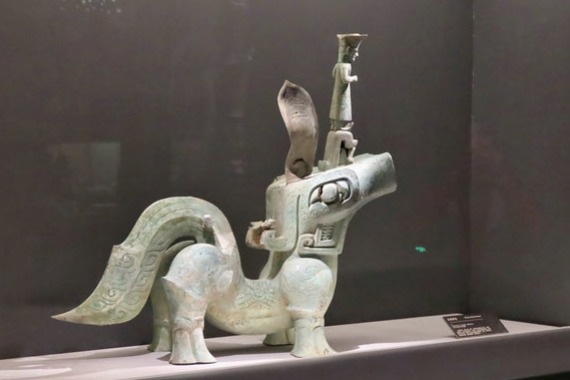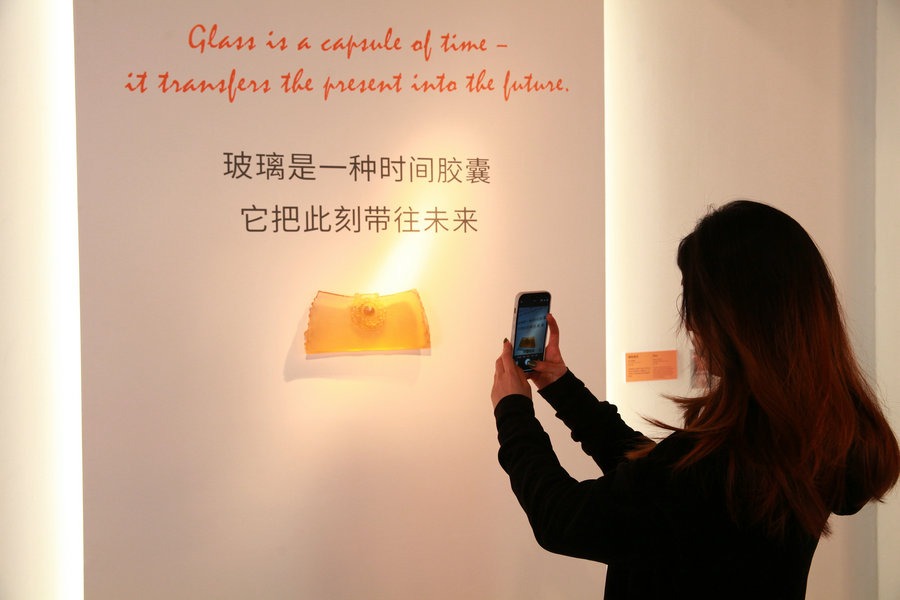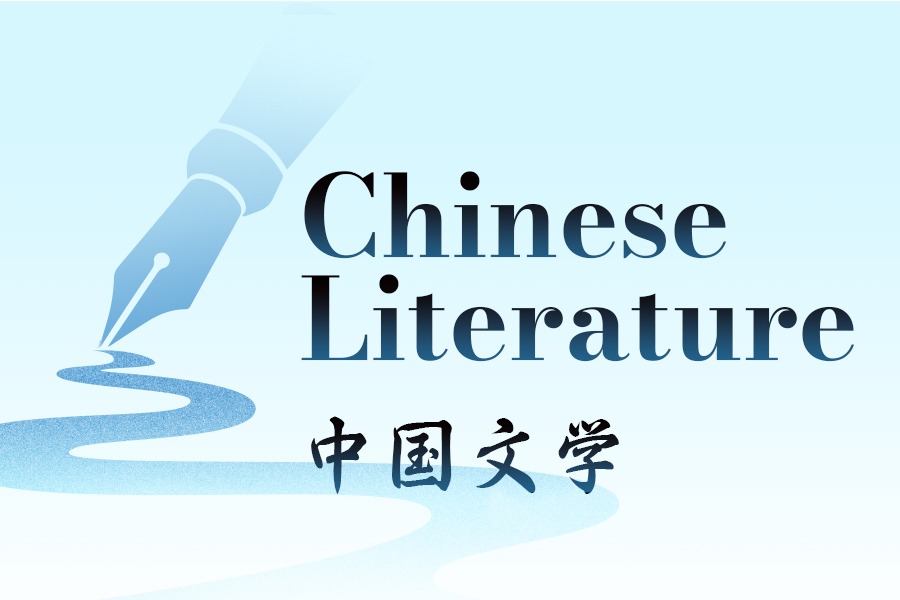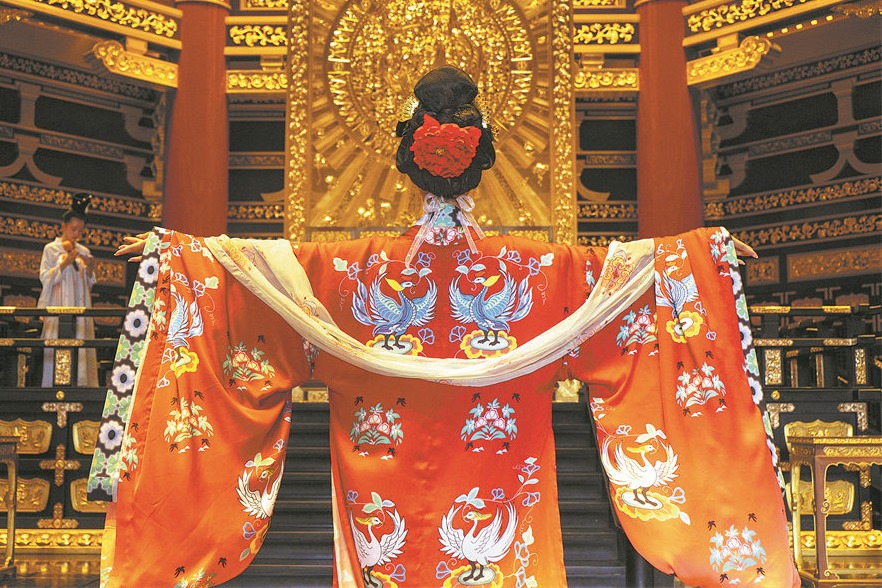Fair shows reading is page-turning success story


Interest in the country's revolutionary history has also shot up, driven in part by the centenary of the founding of the Communist Party of China in July. Revolution-themed bookstores across the country have seen strong foot traffic since the beginning of this year.
Selected works of Mao Zedong are increasingly popular among readers born after 1985, shows big data from JD. Red Star Over China, authored by American journalist Edgar Snow in the 1930s about Chinese Communists, made it to the top-10 best-selling paper books list in 2020, according to the iResearch report.
Despite being veteran screen users, Generation Z people are showing more interest in physical books, says Shu Juan. Shu works at the domestic lifestyle hotel chain Atour, which is the first in Shanghai to introduce bookstores in their hotels. Compared to reading on mobile phones, Gen Zers are keen on meeting like-minded people at bookstores, says Shu, adding that reading also helps them fend off loneliness and anxiety.
In a recent city-wise survey, more than 65 percent of residents in Shanghai believe that reading can help alleviate anxiety.
According to Cai Xinyun, who is in charge of marketing at an outlet of the bookstore PageOne in Beijing, paper books still make up 65 percent of the turnover at the bookstore. Cai linked the booming sales with the growing ethos of reading in the country.
Statistics show that all provincial regions in China have developed their own signature reading programs, and more than 80 percent of counties and districts have local reading activities. China's brick-and-mortar bookstores are increasingly emphasizing the "reading experience".
"Bookstores now have an edge on spontaneity and interactivity," says Li Suwan, who runs a bookstore beside the Second Ring Road in downtown Beijing.
The bookstore hosts cultural activities every week, including performances, film screenings and reading salons.
"Shopping for books is not the most important thing here-the most important thing is reading. The exchange of ideas is equally important," says Li.
Under the onslaught of a booming e-commerce sector, physical bookstores in China have diversified into the arts, tourism and catering industries. Many of them have become landmark cultural complexes of their cities.
The relocated Bell Tower Bookstore in Xi'an, Northwest China's Shaanxi province, retains its facade style from decades ago, helping readers and visitors experience the city's history as an ancient Chinese capital.
Despite the impact of COVID-19, China added another 4,061 physical bookstores in 2020, according to an industry report released at a bookstore conference in March.





































